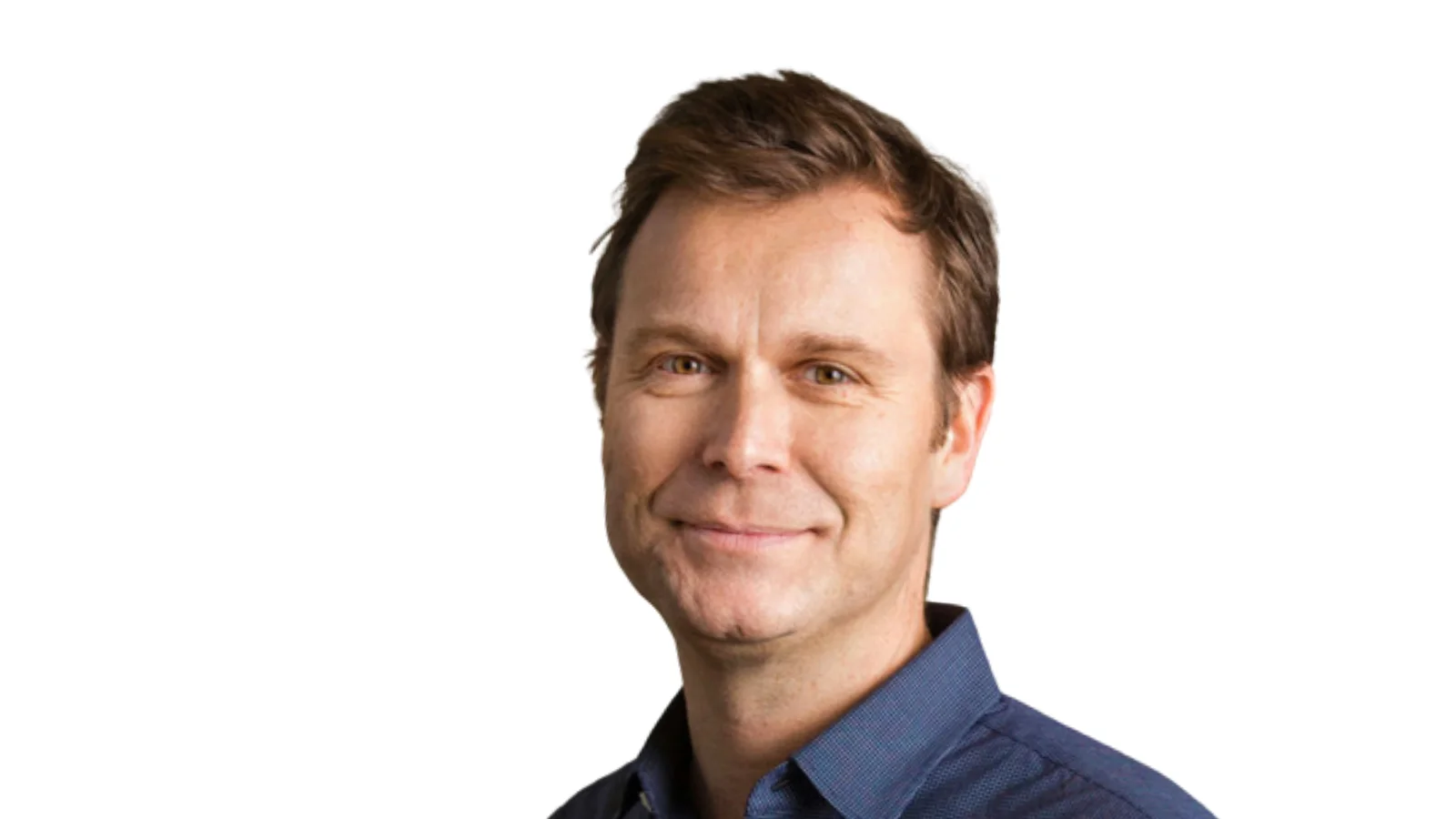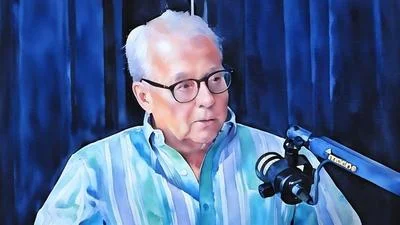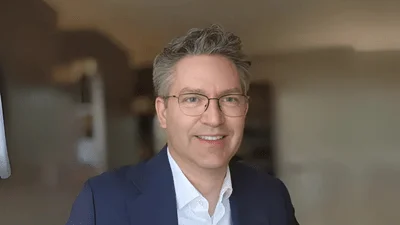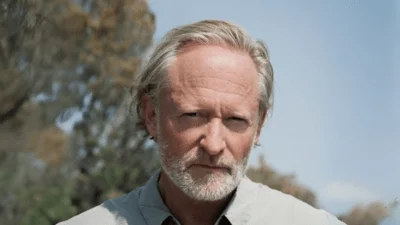Most people understand the health risks of smoking, yet many continue to smoke. Rational choice theory, an economic framework, would consider this behavior irrational, as it assumes people always act in their best interests. However, some researchers question whether labeling such choices as irrational is appropriate.
Recent research in psychology suggests that context plays a significant role in explaining these behaviors. "The hint from all of these empirical studies is that decisions which some researchers call ‘irrational’ may be highly adaptive when considered in the proper environmental context," said Andrew Stier, a Complexity Postdoctoral Fellow at the Santa Fe Institute.
Luís Bettencourt, an external professor at the Santa Fe Institute and faculty at the University of Chicago, explained that individuals may focus on short-term gains when they lack resources or control over their circumstances. These conditions can lead people to prioritize immediate needs over future benefits.
For example, smoking can serve as a tool for short-term relaxation, despite its long-term health consequences. Similarly, a teenager responsible for supporting a family might choose work over further education, and someone who feels powerless over their future may be less likely to invest in long-term goals. External factors such as political instability, economic downturns, and pandemics can also influence decision-making by shifting focus toward immediate survival.
Stier and Bettencourt are co-leading a working group from October 22-25, along with Marc Berman, an associate professor of psychology at the University of Chicago. The event, titled "Identifying General Socioeconomic and Environmental Factors Affecting Human Decision-Making and Behavior," will bring together about a dozen researchers from psychology, complex systems, economics, sociology, and cognitive science. The group will review recent experimental and observational evidence and examine how decision-making unfolds in complex environments, aiming to develop theories that incorporate context more broadly.
Following the presentations, participants will engage in broader discussions. "Part of what we want to do is try to understand as a group, whether the findings hold together, and if they do, how may we use them to create a better theory of decision making?" Bettencourt said. The insights could inform policy interventions designed to help individuals make improved decisions regarding health, finances, and education. The work also aims to advance the Santa Fe Institute's understanding of how context shapes behavior within complex systems.









